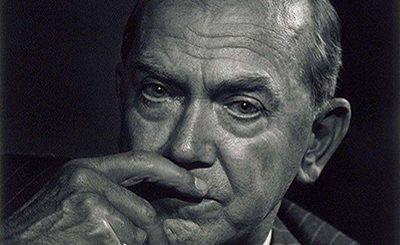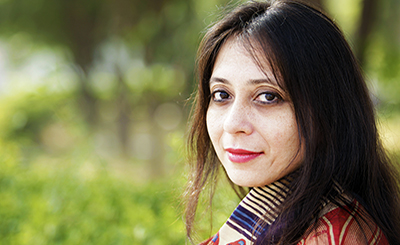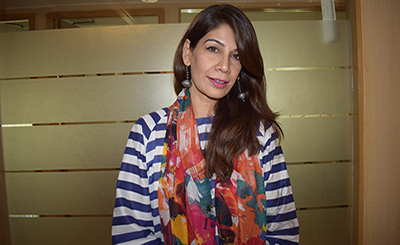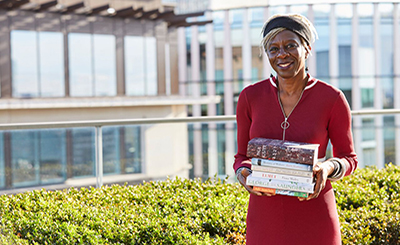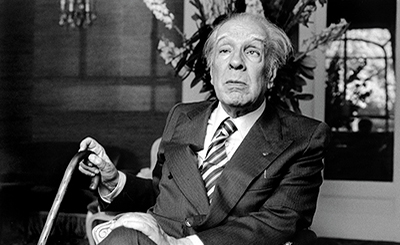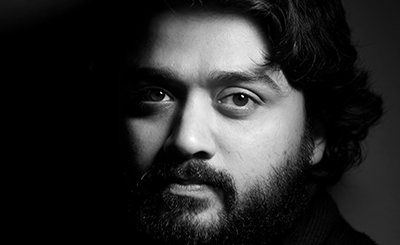
Amrita Mukerji, managing editor at HarperCollins India. Photo courtesy: HarperCollins India
As 2020 ended, there was a sense of optimism in the air. Covid-19 cases were reducing in India, even as the second wave was taking over other countries. The restrictions imposed by lockdowns were being removed one by one, and we were venturing out again, albeit masked with sanitizers in tow. Surely, we thought, nothing could be worse than what we had just gone through?
After three months of lockdown in 2020, the book market too had started to pick up by early 2021. Online retailers had started delivering books again; brick-and-mortar stores had also opened up. Stuck at home, authors were more prolific than ever — we were getting more book ideas and manuscripts than ever before. Social media was more important than ever for book promotion and visibility. Virtual launches had now become the norm, with most prominent book festivals going digital.
In early 2021, we published The Last Queen by Chitra Banerjee Divakaruni and Junglenama by Amitav Ghosh, both of which were very well-received, despite promotions and publicity being largely online. Books on Covid recovery, immunity and leading a healthy life were the need of the moment — our book Covid and Post-Covid Recovery by Dr Vishakha Shivdasani, initially released as an e-book and later in print, provided much-needed relief to anxious readers wondering how to deal with this virus. V for Vaccine, a book published under our children’s imprint, helped children find out all about vaccines in a fun and engaging way at a time when the different Covid vaccines were making all the headlines.
Our backlist titles remained steady sellers, with Paulo Coelho’s The Alchemist being a perennial favourite, along with Attitude Is Everything by Jeff Keller and The Subtle Art of Not Giving a F*ck by Mark Manson.
However, with the arrival of the devastating second wave, even the new patterns we had constructed over the last year went for a toss. As family, friends and publishing colleagues fell prey to the Delta variant, work also slowed down to quite an extent. However, in the absence of a full lockdown, books could keep being delivered through online retailers. Book sales were strong throughout this time; staying indoors, with more time on their hands, people were turning to books to provide some much-needed solace in these uncertain times. Many bookstores started providing home delivery services too. While we reduced the number of titles being published in those months, we did not halt publication entirely; a number of new books released during the second wave such as Girish Karnad’s memoir This Life at Play, Farah Bashir’s account of growing up in Kashmir, Rumours of Spring, and Samrat Choudhury’s travel memoir The Braided River received a lot of praise and were picked up by readers. The challenge, similar to the previous year, was how to provide visibility to new titles at a time when on-ground launches, in-person events and bookstore signings were not possible, and the daily news was completely taken up with the calamity that had struck us. But we learnt to work with these limitations and find new ways of getting our books to readers.
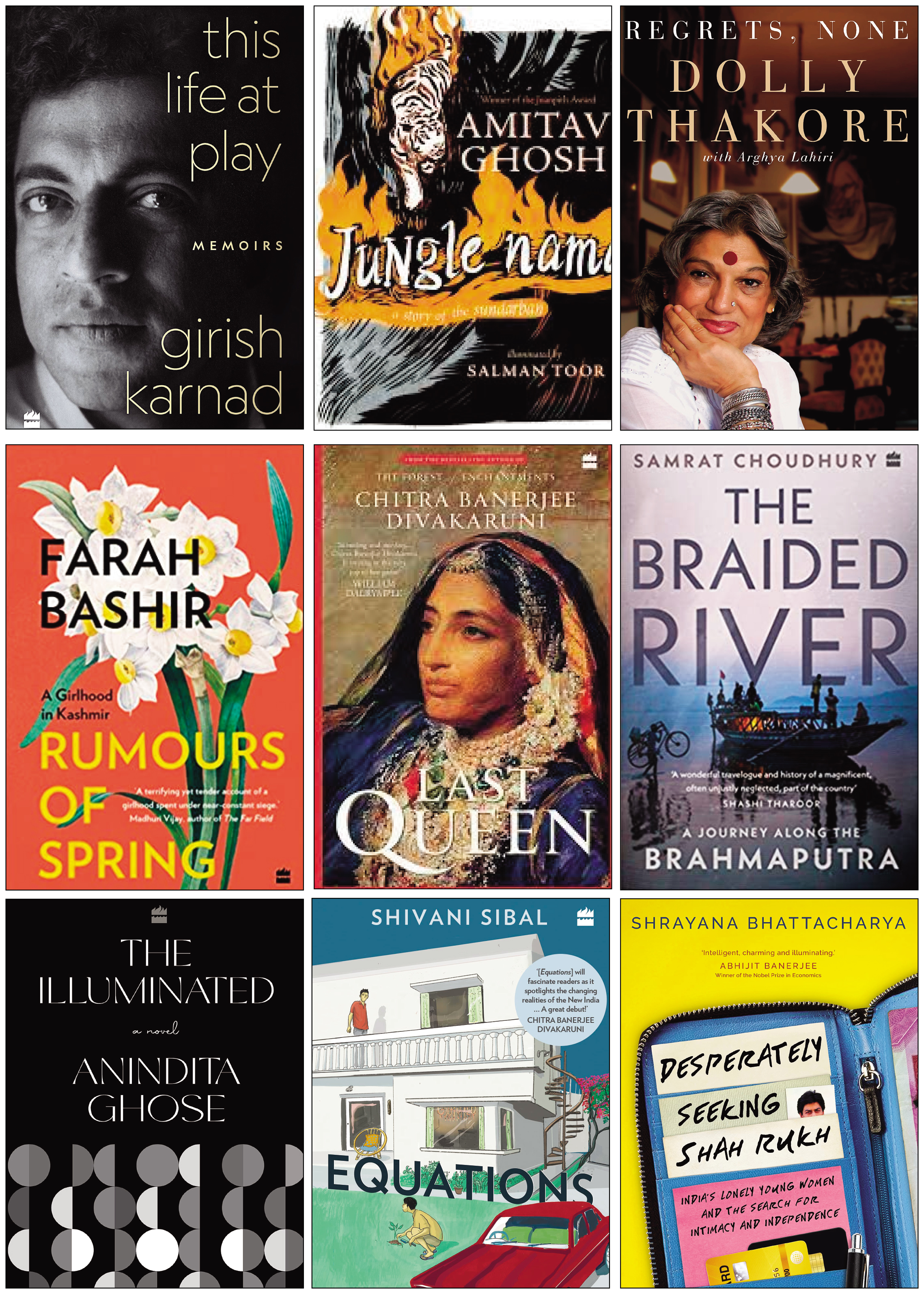
Once the second wave wore off and locked-down cities started opening up again, frontlist titles gained more visibility. Book sales also picked up, with unprecedented numbers in some cities, according to reports. However, we continued to err on the side of caution and hold only online launches and events. Fiction started picking up around this time — two of our titles, The Illuminated by Anindita Ghose and Equations by Shivani Sibal sold in good numbers. Non-fiction, inspirational and self-help books, and memoirs continued to do well — we published a guide to information warfare, The Art of Conjuring Alternate Realities by Shivam Shankar Singh and Anand Venkatanarayanan; Regrets, None, Dolly Thakore’s no-holds-barred autobiography; Ravi Shastri’s reminiscences about the cricketers he associated with in Stargazing: The Players in My Life; a book that unearthed new discoveries about Mahatma Gandhi’s assassination, The Murderer, the Monarch and the Fakir; the inspirational Almanack of Naval Ravikant; and a book on parenting, Active Parenting by Ram G Vallath. The year ended for us with a unique book on the status of single women in India seen through the lens of Shah Rukh Khan fandom, Desperately Seeking Shah Rukh (Shrayana Bhattacharya), that is making waves; and a couple of well-received biographies and memoirs — The Disruptor, a biography of former Prime Minister VP Singh and Indomitable, the memoir of former SBI chairman Arundhati Bhattacharya.
As the year closes with news of yet another variant, we remain cautiously optimistic that the new avenues of online sales and promotion will minimize the impact of lockdowns and closures on book sales as a whole. We have a packed calendar planned for 2022, with books in every genre — something for every reader. Here’s hoping that people will continue to use the time under lockdown — if that happens — to read more, discover more.
This piece was part of our yearender issue on publishing
More from The Byword
Comments
*Comments will be moderated




